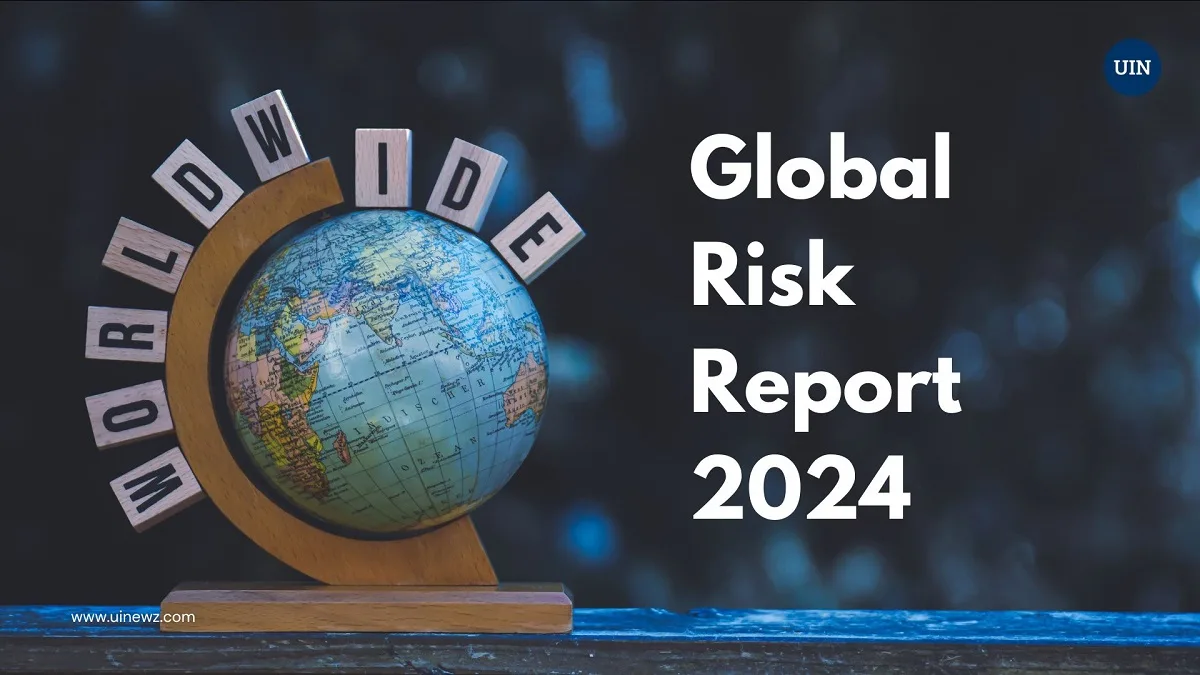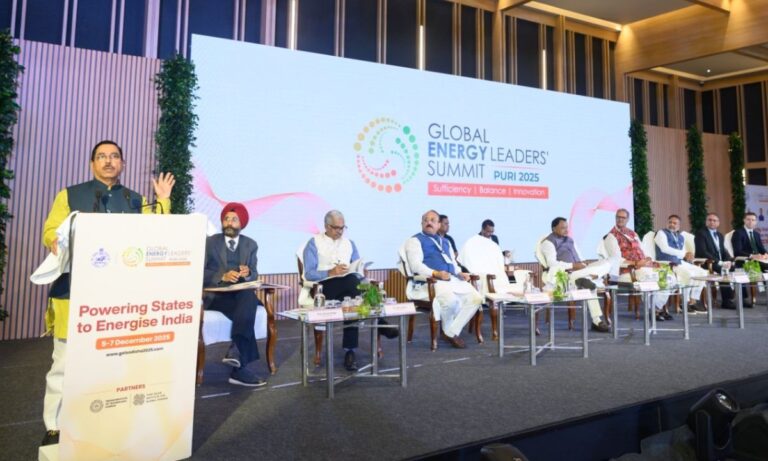
Global Risk Report 2024: Navigating a Complex Future
The World Economic Forum (WEF) recently released its highly anticipated Global Risk Report 2024, shedding light on the significant challenges that the world is poised to face in the coming decade. The report, based on insights from nearly 1,500 experts, industry leaders, and policymakers, outlines the most severe risks against a backdrop of technological advancements, economic uncertainties, climate change, and global conflicts.
Table of Contents
Understanding Global Risk
Global risk is defined as the possibility of the occurrence of an event or condition that, if it occurs, would negatively impact a significant proportion of global gross domestic product, population, or natural resources. The Global Risks Report is an annual study published by the World Economic Forum, providing valuable insights into potential challenges on a global scale.
Global Risk Report 2024: Key Highlights
1. Deteriorating Global Outlook
The report paints a predominantly negative outlook for the world, fueled by lethal conflicts, extreme weather conditions, and societal discontent in 2023. These global events have contributed to an atmosphere of uncertainty and raised concerns about the trajectory of global stability.
2. AI-Powered Misinformation and Disinformation
The report underscores the alarming rise of AI-powered misinformation and disinformation as one of the most severe risks in the next two years. Advances in Generative AI, exemplified by entities like ChatGPT, raise concerns about the creation of sophisticated synthetic content capable of manipulating large groups. This risk is particularly pertinent as several major economies head to the polls in 2024.
3. Structural Forces Shaping Global Risks
The report identifies four structural forces shaping global risks: Climate change, Demographic Bifurcation, Technological Acceleration, and Geostrategic shifts. These long-term shifts in the global landscape interact to contribute to uncertainty and volatility.
4. Environmental Risk
Extreme weather and environmental risks take centre stage. Climate change, biodiversity loss, and critical changes to Earth systems are identified as significant concerns with potentially irreversible consequences.
5. Economic Strains and Inequality
Economic risks, including the cost-of-living crisis, inflation, and economic downturn, are significant concerns for 2024. Low- and middle-income countries may face disproportionate impacts, leading to potential digital isolation and societal and environmental consequences.
6. Security Risks and Technological Advances
Interstate armed conflict enters the top risk rankings. Advances in artificial intelligence pose security risks, allowing non-state actors access to disruptive tools, potentially increasing conflict and crime.
7. Geopolitical Shifts and Governance Challenges
International governance may face difficulties if there is a wider rift between the world’s superpowers, particularly between the North and South. Geopolitical tensions and the expanding power of Global South governments could change security dynamics and have an impact on global risks.
Recommendations
In light of these challenges, the Global Risk Report 2024 offers recommendations to mitigate the impact of inevitable risks:
- Localized Strategies: Localized strategies leveraging investment and regulation can reduce the impact of risks that can be prepared for. Both the public and private sectors play a crucial role in extending these benefits to all.
- Breakthrough Endeavors: Single breakthrough endeavours, prioritizing the future and focusing on research and development, can contribute to making the world a safer place.
- Collective Action: The collective actions of individual citizens, companies, and countries, when reaching critical mass, can significantly contribute to global risk reduction. Cross-border collaboration at scale remains crucial for decisive risks affecting human security and prosperity.
About the World Economic Forum
Founded in 1971, the WEF is a Swiss nonprofit foundation based in Geneva, recognized by Swiss authorities as the international institution for public-private cooperation. With a mission to improve the state of the world, the WEF engages leaders from business, politics, academia, and other sectors to shape global, regional, and industry agendas.
Klaus Schwab serves as the Founder and Executive Chairman, overseeing the publication of major reports such as the Energy Transition Index, Global Competitiveness Report, Global IT Report, Global Gender Gap Report, and Global Travel and Tourism Report, often in collaboration with INSEAD and Cornell University.






